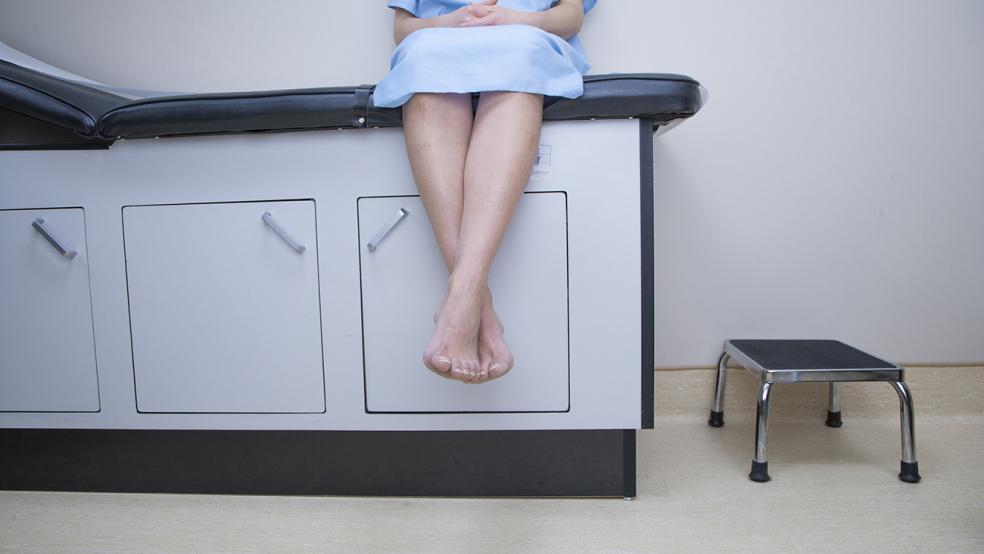More than two-thirds of patients aren't paying their entire hospital bills, and that number could increase to 95 percent by 2020, according to a study from TransUnion, a company that helps hospitals collect unpaid bills.
Analyzing patient data from across the country, TransUnion found just under half of patients did not pay off hospital bills of $500 or less two years ago. The company attributed the increase to higher deductibles and patient responsibility growing from 10 percent to 30 percent over the last few years.
The Affordable Care Act has given more people access to health care, but it has driven deductibles up, in some cases, making it harder for patients to pay, said John Yount, TransUnion's vice president of product for the health-care division. Hospital margins are already between only 2 and 4 percent on average, Yount said, and that margin quickly narrows when more patients can't pay their bills.
Related: Senate Proposes Harsh Penalty for Going Without Insurance
"What it means is as a patient takes on more responsibility, then it is likely that that debt, which is a component of uncompensated care, has a potential to increase for hospitals," Yount said. "It's likely that as they provide services and their bad debt increases, it could be difficult to continue certain operations."
Since 2010, 79 rural hospitals have closed, according to the North Carolina Rural Health Research Program. Yount warned that number will continue to increase if more patients can't pay their bills.
Hospitals in states that did not expand Medicaid under the Affordable Care Act are under more pressure than hospitals in states that did, according to Becker's Hospital Review. The Senate bill to repeal and replace the Affordable Care Act would start phasing out the expansion program in 2021 and fully repeal it three years later.
Regardless of legislation, health-care companies must focus on reducing the cost of services, Yount said. Most hospital bills are $500 or less, TransUnion found, but of those that were more than $3,000, 99 percent were not paid in full.
"We're starting to see trends of evaluative care and the transition of a payment structure form that's outcome-based," Yount said. "There needs to be a continued effort to help drive costs of health care down."
This article originally appeared on CNBC. Read more from CNBC:
Prominent analyst Dick Bove says new leadership at banks is needed: They've 'lost their way'
Investors worry falling oil prices will take stock prices down with them. So far, they're not
A new report has Art Cashin worried about a 2008 financial crisis repeat



